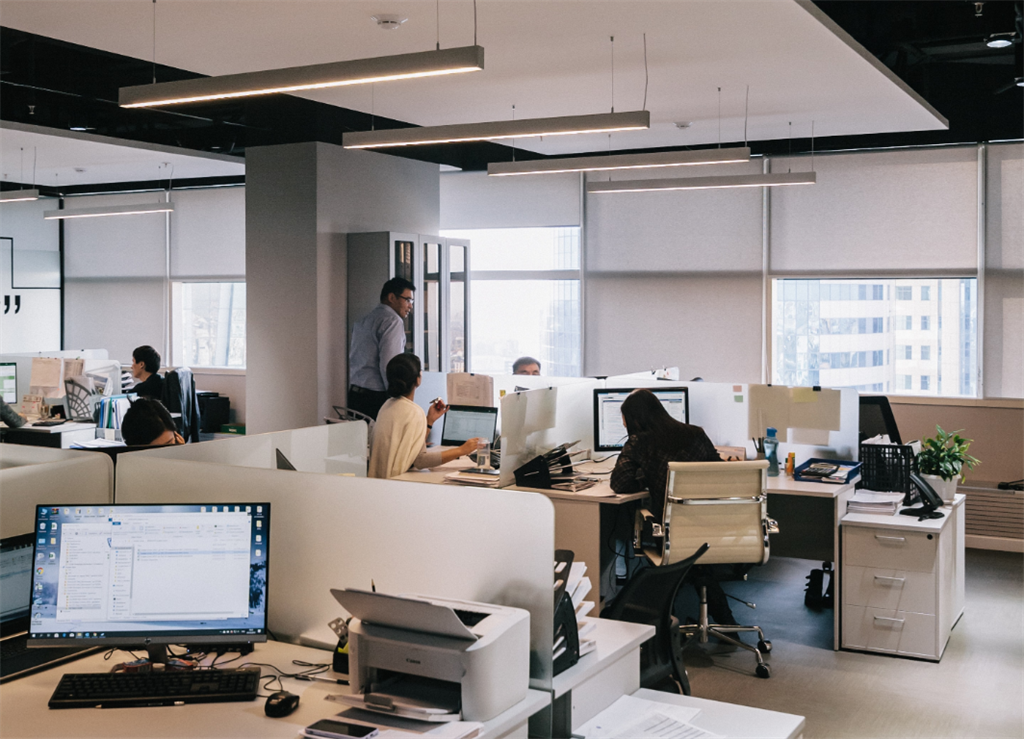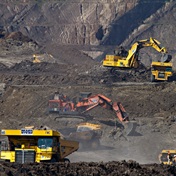
The coronavirus pandemic has seen a shift in the substance of lease agreements. It has also necessitated a change in office space layout.
Words like ‘force majeure’, ‘vis major’ and ‘casus fortuitous’ have special meaning in a time when a pandemic causes health and financial crises.
The Covid-19 pandemic forced retailers to close their doors for weeks on end and are now only allowed to serve a limited number of customers at a time. More people than anyone thought possible are working from home.
However, tenants are stuck with the excess office space, and their lease agreements. Cash flows have either dried up or slowed to a mere trickle.
Law firm Werksmans’ head of property law and real estate, Fa´tima Rodrigues, says most retail and commercial lease agreements contain force majeure clauses. This is defined as an unforeseeable event or circumstance that prevents a party to fulfil his obligations under a contract.
“However, the manner in which an event of force majeure has been defined in the particular lease agreement must be closely examined in order to assess whether a pandemic, such as Covid-19, meets the requirements,” she says.
Rodrigues says that even if a pandemic is included in the requirements, it may not excuse payment while the pandemic continues. “Any non- payment by the tenant will result in a breach under the lease agreement.”
But landlords are not necessarily in the strongest of positions. They need tenants and cannot under current circumstances require “absolute compliance” with the tenant’s obligations under lease agreements.
“I have experienced that landlords are quite accommodating towards their tenants,” says Rodrigues. “Landlords have either reduced rentals, suspended payments for a period or they have deferred payments. This is certainly not something tenants are used to.”
When the lease agreement is not clear on the consequences of an event of force majeure, then common law principles can be relied on.
The common law principle of “supervening impossibility of performance” means that dueto an unforeseeable or unavoidable event it has become “objectively impossible” to comply with the obligations in an agreement.
Supervening impossibility of performance can occur due to a vis major (major force) or casus fortuitous (accidental occurrence) – events emanating from nature or from man and are irresistible and outside the control of the ordinary person, explains Rodrigues.
The options
They can sublet if it is allowed in their agreements, but they must find someone who wants to sublet, and the landlord must be happy with the replacement tenant.
The landlord will obviously consider the financial liability of the sublessee. Although the new tenant will pay the rental and operational costs, the original tenant remains responsible for rental and costs for the duration of the lease period, should the sublessee default.
Most leases do not allow for accession and assignment, since it completely relieves the tenant from all obligations the minute the landlord agrees that the tenant can assign the lease for the rest of the period to someone new.
“Landlords will not negotiate a new lease but may be willing to change some of the clauses to assist tenants. It is unlikely that they will cancel the lease and enter into a lease agreement with someone else, unless a tenant becomes insolvent or the company is liquidated,” says Rodrigues.
Pandemic designs
Office design has also been impacted, says Richard Debonnaire, regional manager at office furniture retailer Cecil Nurse. “Covid-19 has increased our awareness of how much we touch and the danger that poses for spreading the virus.”
There is a host of automated aspects to an office that can and has been introduced. Doors are not being opened by a handle anymore, sensors now open doors automatically. Proximity switches allow lights to go on when there is movement in the office. Many companies have also introduced automated access control to ensure as little as possible contact with surfaces. Debonnaire says companies will have to consider the space required for employees who will have to work at the office. The square metre per person allocatedto their workspace will have to increase due to social distancing requirements.
Many office areas had to be refurbished to take proper hygiene into account. Easy-to-clean surfaces such as perspex, glass, tiles, vinyl and anti-microbial fabrics are now uppermost in mind when “remaking” the office. Passages with floor-based signage directing the “flow” of movement may become a common feature of the office after Covid-19.
Better use of open spaces
Desk structures must be reconfigured. “Flexible
furniture cluster-desks (a combination of workstations in a two-way, four-way or six-way cluster) can be reconfigured into two-way clusters,” says Debonnaire.
He says even before Covid-19 office designs catered for informal meeting spaces in open areas. The seats are surrounded by screens to offer some privacy to employees. He says the design of these “collaborative spaces” will become more crucial to create an environment where people can feel safe when they meet face-to-face.
To prevent offices from looking deserted, with less people occupying the same space, informal “collaboration” spaces will increase. Companies will also provide more private areas for video calls and more focused work. “Some of these spaces can even be hired out to generate some additional income,” says Debonnaire.
A key feature of the modern office after Covid-19 will be dedicated outdoor air systems that extract stale air out of the building and bring in fresh air. Centralised air-conditioning systems pose a real threat for the recirculation of germs.
Covid-19 will not cause the death of the open- office concept. The office environment will, however, change to allow for separated desks, safety screens in front and next to each other, more collaborative informal spaces and private areas for video calls, notes Debonnaire.The pandemic has certainly forced businessesto be more focused on their office space and work environments, while placing their staff’s wellbeing at the top of their list of priorities, he notes.
The future
Tenants are going to be far more aware of their space requirements and the type of rentals they will be willing to pay. It is not a landlord’s market, says Rodrigues.
“Rentals are likely to decrease with new lease agreements, and the periods are likely to be shorter. Force majeure clauses will include pandemics. Currently a lot of the leases do not have these clauses, mainly because we have not had a pandemic in the last century.”
She suspects landlords may require tenantsto take out additional insurance to cover them for events when they are unable to conduct business.
Rodrigues also foresees a slowdown in investments in new retail and office developments. Many developments that were in the pipeline have been placed on the backburner or scrapped altogether.




 Publications
Publications
 Partners
Partners












